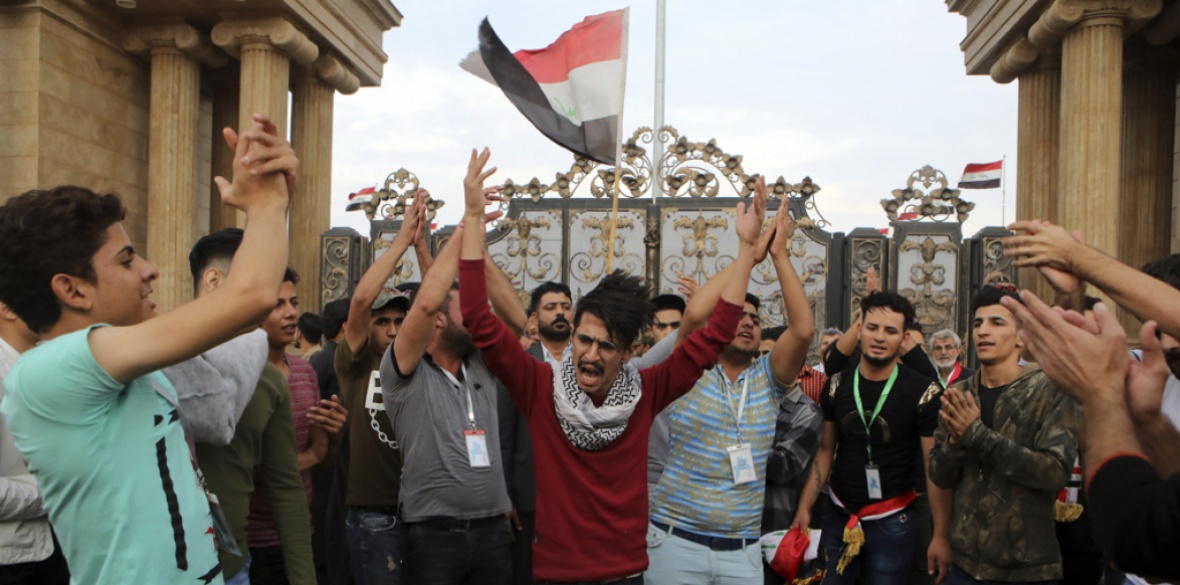This is the last article you can read this month
You can read more article this month
You can read more articles this month
Sorry your limit is up for this month
Reset on:
Please help support the Morning Star by subscribing here
OFFICIALS from the southern Iraqi province of Basra are considering moves towards autonomy as growing protests over unemployment, poor public services and corruption threaten regional stability.
Governor of Basra Asaad Al Eidani confirmed that he will travel to the semi-autonomous Kurdistan Region next week to learn from their experiences and to explore whether they can be replicated in the oil-rich province.
“A delegation from the province of Basra will soon visit the Kurdistan Region in coordination with the regional government in order to be closely aware of the authority of the decentralised region.
“The aim of the visit is to benefit from the experience of the region and transfer the experience to the province of Basra,” he said.
The move comes as hundreds wearing the yellow vests similar to those worn by French protesters against fuel tax rises marched in Basra again today demanding investment in public services and an end to water and electricity shortages.
They gathered outside the provincial council building and riot police moved in as protesters burned tyres with reports of gunfire used to disperse the crowds.
Authorities fear a return to the demonstrations that rocked Basra over the summer which were brutally suppressed by the Iraqi authorities with dozens killed, party offices and the Iranian consulate building attacked.
Anger was directed at local government officials who were accused of corruption and mismanagement of the local economy. Basra’s oilfields remain the powerhouse of the Iraqi economy. But according to its provincial council 50 per cent of the population live below the poverty line.
Protesters want to see political and economic autonomy which would allow them a greater share of lucrative oil revenues, enabling the region to invest in jobs, public services and access to clean drinking water.
Iraq’s post-occupation constitution allows provincial councils to submit a petition which shows support for autonomy with Baghdad then being responsible for holding a referendum on the issue.
However the country remains in political turmoil after the general election in May failed to bring stability, with the Sairoun Coalition – an electoral alliance between Moqtada al-Sadr and the Iraqi Communist Party – unexpectedly topping the poll.
Prime Minister Abdul Mahdi has failed to win MPs’ support for his cabinet with deputy speaker Hassan Al Kaabi warning that further delays could make the security situation worse.











